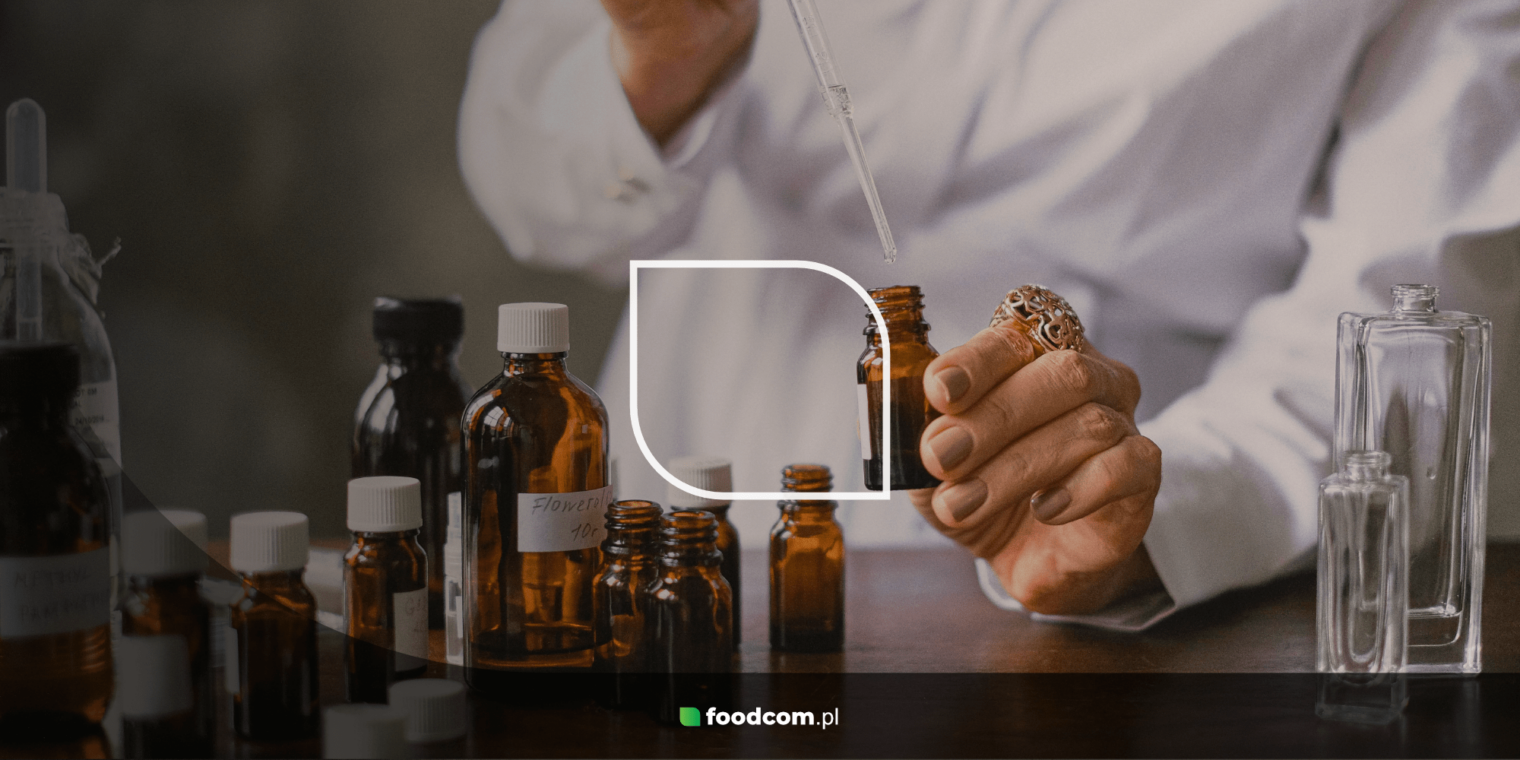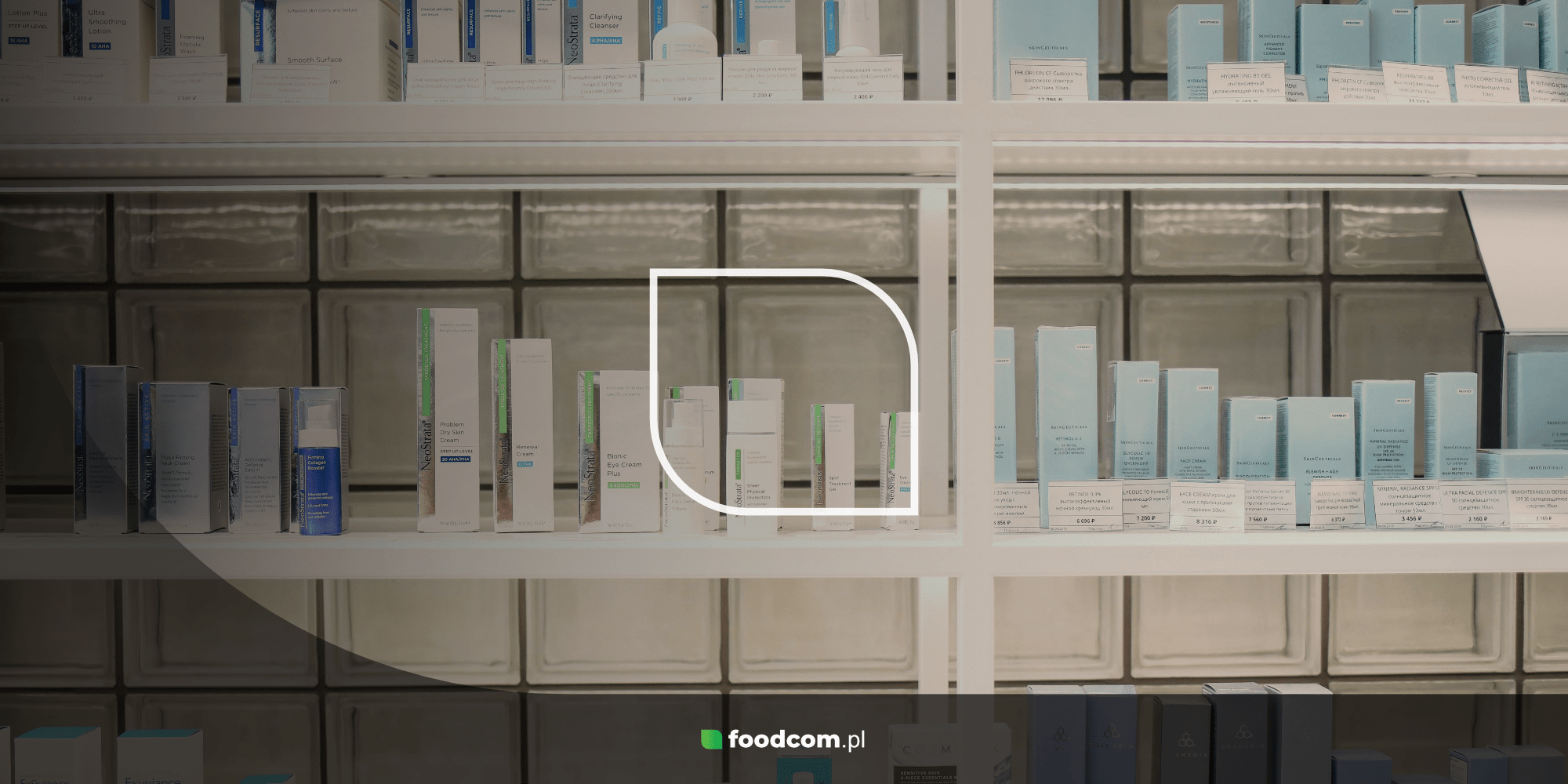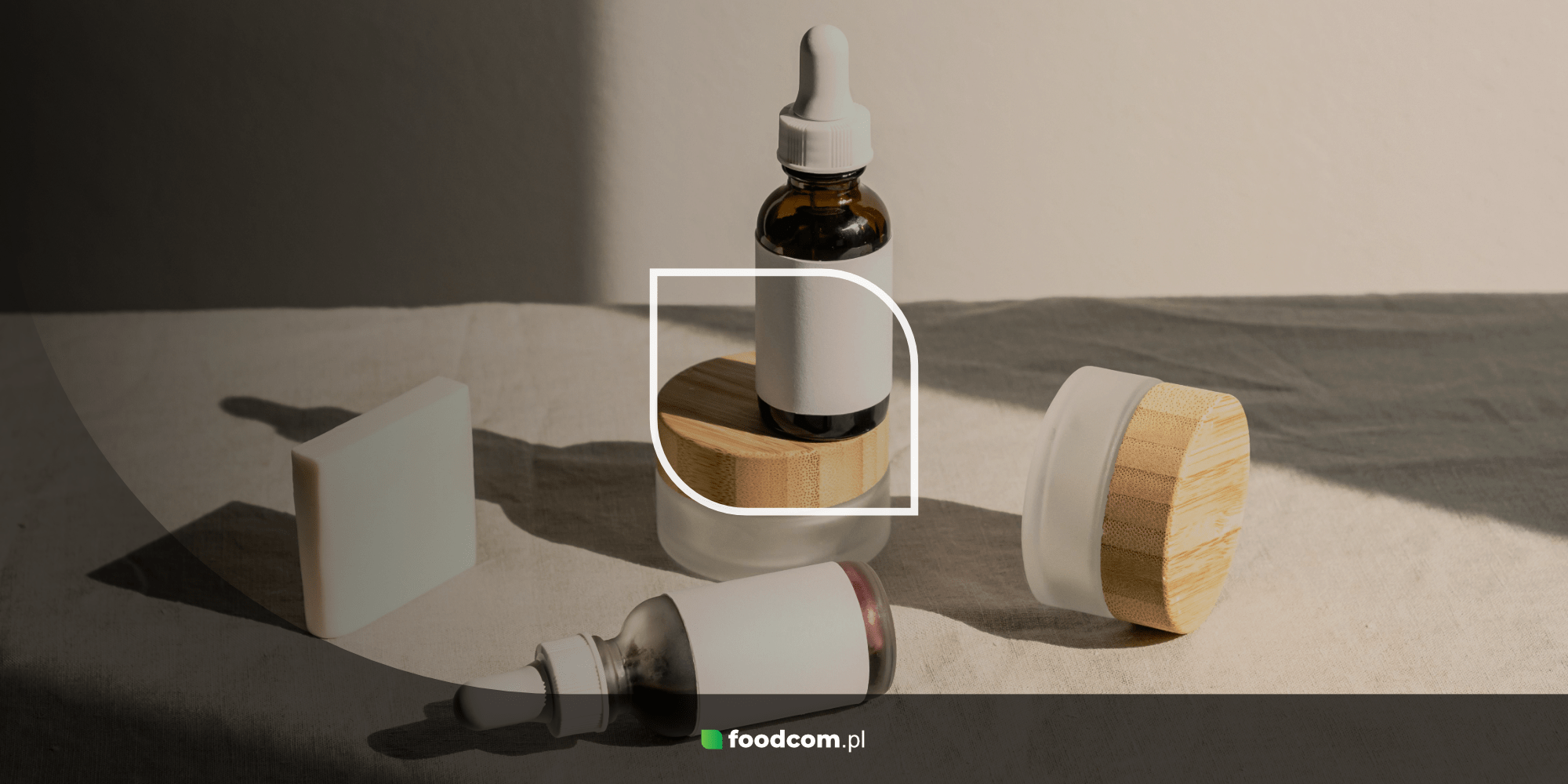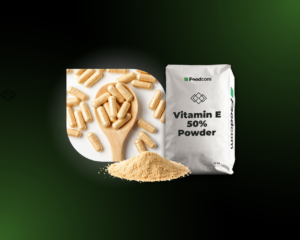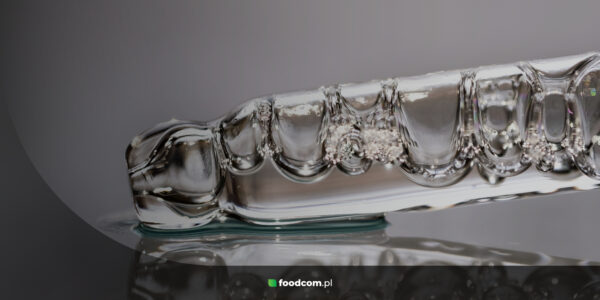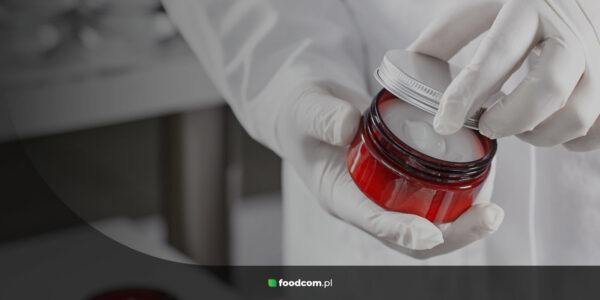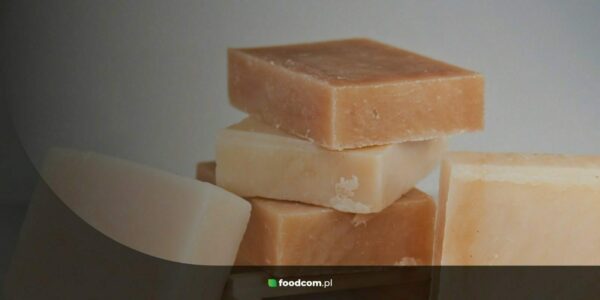- Preservatives in cosmetics protect products from microbial growth and make them last longer.
- Preservatives can be natural (such as essential oils) or synthetic (such as parabens).
- Natural preservatives are safer for health, but less effective than synthetic ones.
- All preservatives used in compatible concentrations are considered safe.
Cosmetics play a key role in daily skin, hair and body care. To be effective and safe, they must be long-lasting, which means that their ingredients must not be degraded by microorganisms or environmental factors. This is why preservatives are used in cosmetics.
What are preservatives in cosmetics?
Preservatives are chemical or natural substances that inhibit the growth of bacteria, mould and other micro-organisms in cosmetics or food.
The composition of cosmetics depends on their type and purpose. The base ingredients of cosmetics, such as water, oils or emulsifiers, are organic substances that provide an ideal environment for the growth of micro-organisms. Products containing them therefore require adequate protection to maintain their properties throughout their shelf life. Without adequate protection, cosmetics can deteriorate quickly, leading to changes in fragrance, texture, as well as risks associated with potential infections and allergic reactions in consumers.
Natural oils and butters in cosmetic formulations, although less susceptible to microbial growth, can oxidise, leading to rancidity. In such cases, antioxidants such as vitamin E are used.
Preservatives can be divided into synthetic and natural. In recent years, there has been a particular emphasis on an environmentally friendly lifestyle, so consumer attention is directed towards natural preservatives in cosmetics.
Natural preservatives in cosmetics – an alternative to chemicals?
More and more cosmetic companies are looking for natural solutions that are effective yet skin and environmentally friendly. Natural preservatives can be derived from plants, fruits, herbs or even micro-organisms. Here are some examples:
- essential oils, e.g. tea tree oil, cinnamon oil, aniseed oil, clove oil, rosemary oil, eucalyptus oil or peppermint oil, which have strong antibacterial and antifungal properties;
- grapefruit seed extract;
- citric acid – found in citrus and berry fruits and vegetables.
Natural preservatives in cosmetics have their limitations. They tend to be less effective compared to their synthetic counterparts and require higher concentrations or support with additional stabilising substances. This is why traditional preservatives still dominate the cosmetics industry.
Natural cosmetics can also use artificially synthesised preservatives that occur in nature and have a composition identical to natural substances, such as:
- benzoic acid and its salts, such as sodium benzoate in cosmetics are usually chemically synthesised, but occur naturally in certain fruits, e.g. cranberries, apples, plums, cinnamon, cloves;
- sorbic acid and its salts, e.g. potassium sorbate – found in rowan;
- benzyl alcohol and salicylic acid – are contained in fruit and vegetables, herbs and spices, willow bark, birch and grape leaves;
- dehydroacetic acid.
Synthetic preservatives – effective, but are they safe?
Synthetic preservatives have been used in cosmetics for many decades. They are extremely effective even in low concentrations. Unfortunately, they are also controversial due to their potential side effects, such as skin irritation, allergic reactions or the risk of endocrine disruption.
Synthetic preservatives include substances such as:
- parabens – are one of the most commonly used preservatives, favoured for their low price and exceptional efficacy. However, they are sometimes criticised for their potential harmful effects on the body.
- phenoxyethanol – commonly used in facial and body cosmetics and considered relatively safe.
- formaldehyde, formaldehyde, formaldehyde donors,
All preservatives used in compliance with the law and in acceptable concentrations are safe for humans – stable, non-toxic and non-allergenic. Each of these substances has undergone a rigorous safety assessment. Thoroughly tested preservatives of the highest quality are offered by Foodcom S.A.
In recent years, interest in natural and organic cosmetics has been growing. Consumers are increasingly paying attention to the composition of products, looking for those that contain natural preservatives and are free of potentially harmful chemicals. Preservatives in cosmetics are essential, playing a key role in ensuring the safety and shelf life of products. The use of natural extracts and essential oils as preservatives is just one example of how the industry is responding to changing consumer needs.


